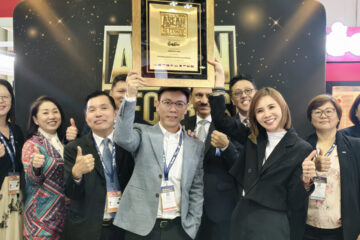Malaysia’s Ministry of Investment, Trade and Industry (MITI) took the lead in steering high-level discussions on regional economic integration at the 48th Meeting of the High-Level Task Force on ASEAN Economic Integration (HLTF-EI). The two-day meeting, chaired by MITI Secretary-General Datuk Hairil Yahri Yaacob, focused on Malaysia’s Priority Economic Deliverables (PEDs) and the ASEAN Economic Community (AEC) Strategic Plan 2026–2030.
Key Outcomes from the 48th HLTF-EI
- Malaysia’s PEDs for ASEAN 2025: MITI outlined 15 targeted initiatives designed to accelerate regional integration, enhance climate finance, and strengthen digital resilience. These PEDs will be further refined during the Senior Economic Officials Meeting (SEOM) in December.
- AEC Blueprint 2025 Review: Delegates assessed progress and discussed strategies to expedite pending commitments, ensuring alignment with ASEAN’s long-term goals.
- Strategic Planning for 2026–2030: The meeting advanced preparations for the next AEC Strategic Plan, which will guide ASEAN’s economic development beyond 2025.
- Geoeconomic Insights: The ASEAN Geoeconomics Task Force shared updates on global trends and risks, supporting informed policy decisions.
- Chairmanship Continuity: Planning for the Philippines’ ASEAN Chairmanship in 2026 was discussed to ensure seamless transition and sustained momentum.
Strengthening Global Collaboration
On the sidelines, an ASEAN–United Kingdom Analytical Dialogue brought together senior officials to exchange views on emerging global economic risks and megatrends. The dialogue emphasized the importance of analytical tools and methodologies for monitoring regional vulnerabilities.
Malaysia’s Vision: Inclusivity and Sustainability
Under the theme “Inclusivity and Sustainability”, Malaysia’s ASEAN 2025 Chairmanship aims to promote equitable growth, digital innovation, and climate resilience. The PEDs include initiatives such as:
- Establishing a regional semiconductor supply chain framework
- Advancing the ASEAN Digital Economy Framework Agreement (DEFA)
- Promoting AI safety and digital payment systems
- Supporting MSMEs and sustainable mineral resource development


